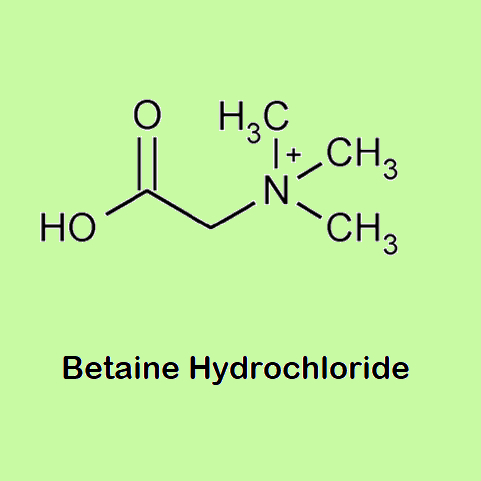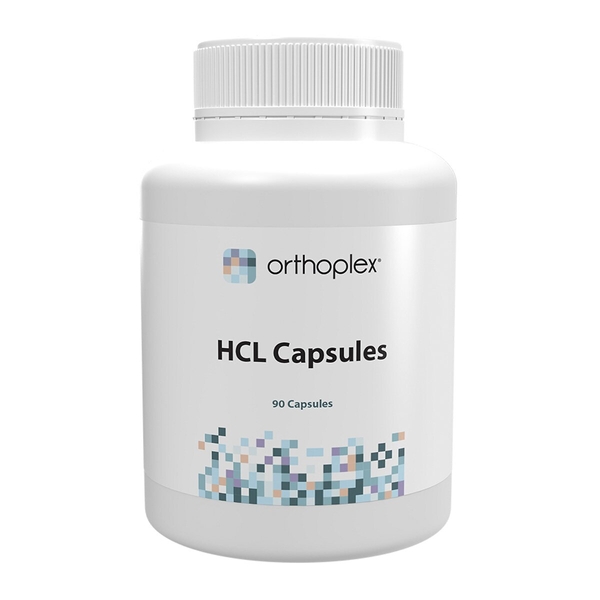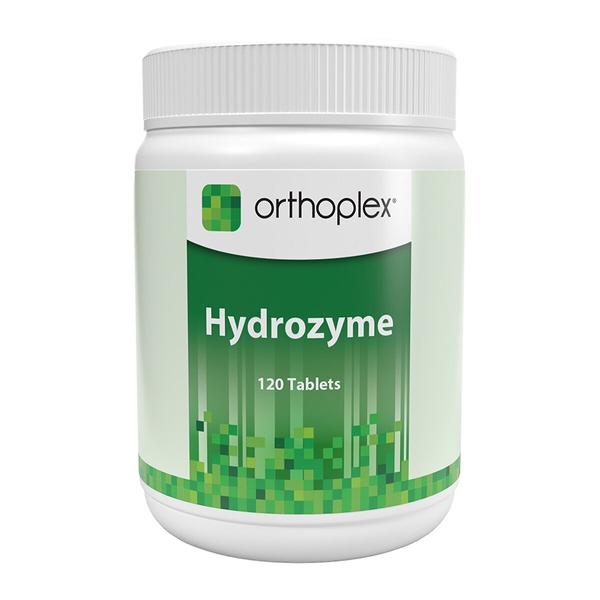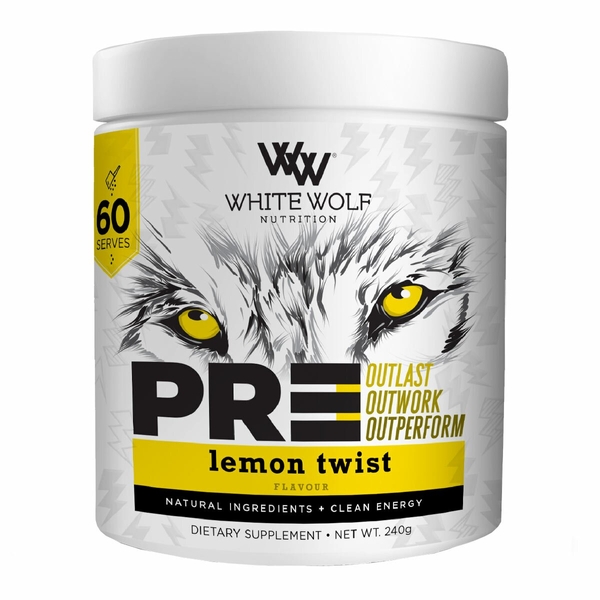
Background
Betaine hydrochloride was previously available as an over-the-counter (OTC) medicine to increase stomach acid in people with low stomach acid. But the US FDA banned its use in OTC products due to a lack of information about whether it is safe and effective.
Betaine hydrochloride is used for many conditions, including diarrhea, increasing stomach acid, and others, but there is no good scientific evidence to support any use.
Don't confuse betaine hydrochloride with betaine anhydrous.
Safety Safety definitions
Special Precautions & Warnings:
Pregnancy and breast-feeding: There isn't enough reliable information to know if betaine hydrochloride is safe to use when pregnant or breast-feeding. Stay on the safe side and avoid use.Peptic ulcer disease: Betaine hydrochloride can increase stomach acid. There is a concern that the hydrochloric acid produced from betaine hydrochloride might irritate stomach ulcers or keep them from healing.
Effectiveness
Dosing & administration
Interactions with pharmaceuticals
Antacids
Interaction Rating=Minor Be watchful with this combination.
Antacids are used to decrease stomach acid. Betaine hydrochloride can increase stomach acid. Taking betaine hydrochloride might decrease the effects of antacids.
Medications that decrease stomach acid (H2-blockers)
Interaction Rating=Minor Be watchful with this combination.
H2-blockers are used to decrease stomach acid. Betaine hydrochloride can increase stomach acid. Taking betaine hydrochloride might decrease the effects of H2-blockers.
Some common H2-blockers include cimetidine (Tagamet), ranitidine (Zantac), and famotidine (Pepcid).
Medications that decrease stomach acid (Proton pump inhibitors)
Interaction Rating=Minor Be watchful with this combination.
Proton pump inhibitors are used to decrease stomach acid. Betaine hydrochloride can increase stomach acid. Taking betaine hydrochloride might decrease the effects of proton pump inhibitors.
Some common proton pump inhibitors include omeprazole (Prilosec), lansoprazole (Prevacid), rabeprazole (Aciphex), pantoprazole (Protonix), and esomeprazole (Nexium).
Interactions with herbs & supplements
Interactions with foods
Products
View all products- Betaine hydrochloride 400 mg
- L-glutamic acid 100 mg
- Pepsin (porcine) 100 mg
- Betaine hydrochloride 250 mg
- Calcium beta-hydroxy-beta-methylbutyrate monohydrate 750 mg
- Eleutherococcus senticosus 500 mg
- Camellia sinensis 100 mg
- Theacrine 75 mg
- Caffeine 125 mg
- Beta alanine 1 g
- Creatine hydrochloride 500 mg
- Taurine 250 mg
- Natural flavours
- Malic acid
- Silicon dioxide
- Stevia rebaubiana
- Polyphenolic fulvic minerals 5 mg







